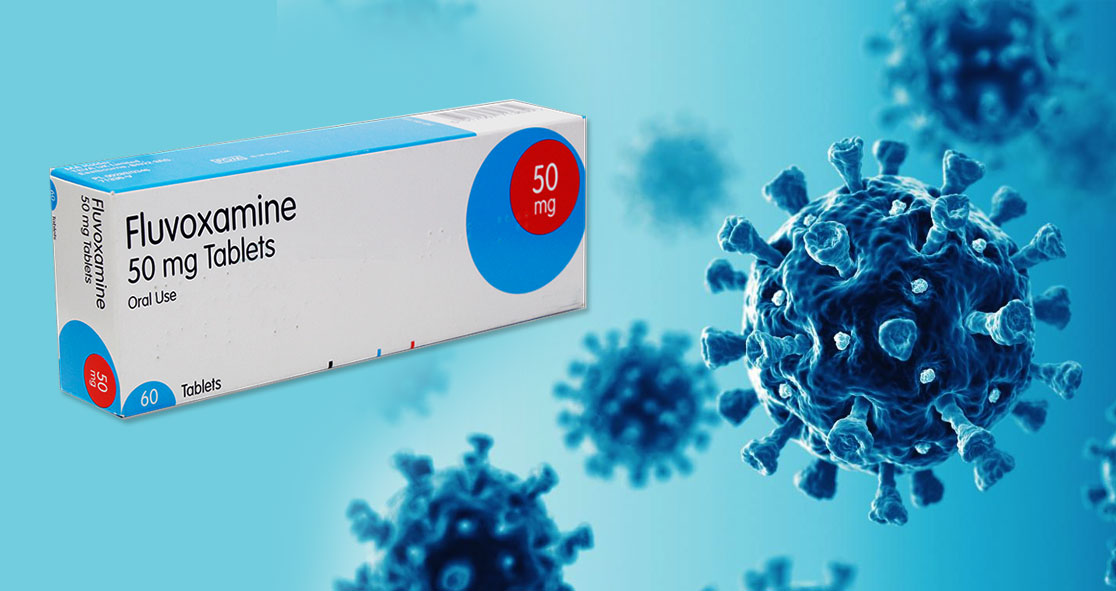A new study has found that a cheap antidepressant, called fluvoxamine, may reduce the risk of severe COVID-19 illness in those who are at high risk, according to CNN.
The study, published in The Lancet Global Health, looked at 1,500 patients in Brazil and found that those who were given fluvoxamine were less likely to progress to severe illness and to require hospitalization.
Sold under the brand name Luvox, fluvoxamine is one of the selective serotonin reuptake inhibitors (SSRIs), which is used to treat depression and obsessive-compulsive disorder (OCD). However, it has been found that the drug can affect inflammation, according to Dr. Angela Reiersen of Washington University in St. Louis.
“Fluvoxamine may reduce the production of inflammatory molecules called cytokines, that can be triggered by SARS-CoV-2 infection,” said Dr. Reiersen, who is one of the authors of the study.
This antidepressant drug may also reduce blood platelets, which may affect the clotting effects of COVID-19 infection.
Dr. Reiersen and her team gave fluvoxamine 100 mg twice a day to 741 patients with COVID, while the remaining received a placebo.
Nearly 80 patients who got fluvoxamine needed treatment in an ER or hospital room than about 16% of those who received a placebo, suggesting a 5% decrease in absolute risk and a 32% decrease in relative risk.
The researchers said more studies are required to determine whether fluvoxamine might be added to the COVID treatments; plus the drug is cheap. They wrote, “A 10-day course of fluvoxamine costs approximately $4 even in well-resourced settings.”
The drug is not a cure, but it can help prevent hospitalization, which would be useful.
The authors wrote, “Given fluvoxamine’s safety, tolerability, ease of use, low cost, and widespread availability, these findings might influence national and international guidelines on the clinical management of COVID-19.”
“It is now crucial to establish whether a class effect exists and whether these drugs can be used interchangeably for COVID-19,” they added.
The investigators noted that the study was not perfect, as it was conducted in Brazil and the patients had a higher rate of hospitalization.
They said, “There is no standard of care that exists for early treatment of COVID-19 and various advocacy groups promote different interventions, including some of those evaluated in this and our previous trials.”
“Furthermore, there is little understanding of who is at greatest risk of disease progression from this disease as some patients with numerous risk factors do recover quickly whereas some others with less established risk factors might not,” they added. The story was published on CNN.























